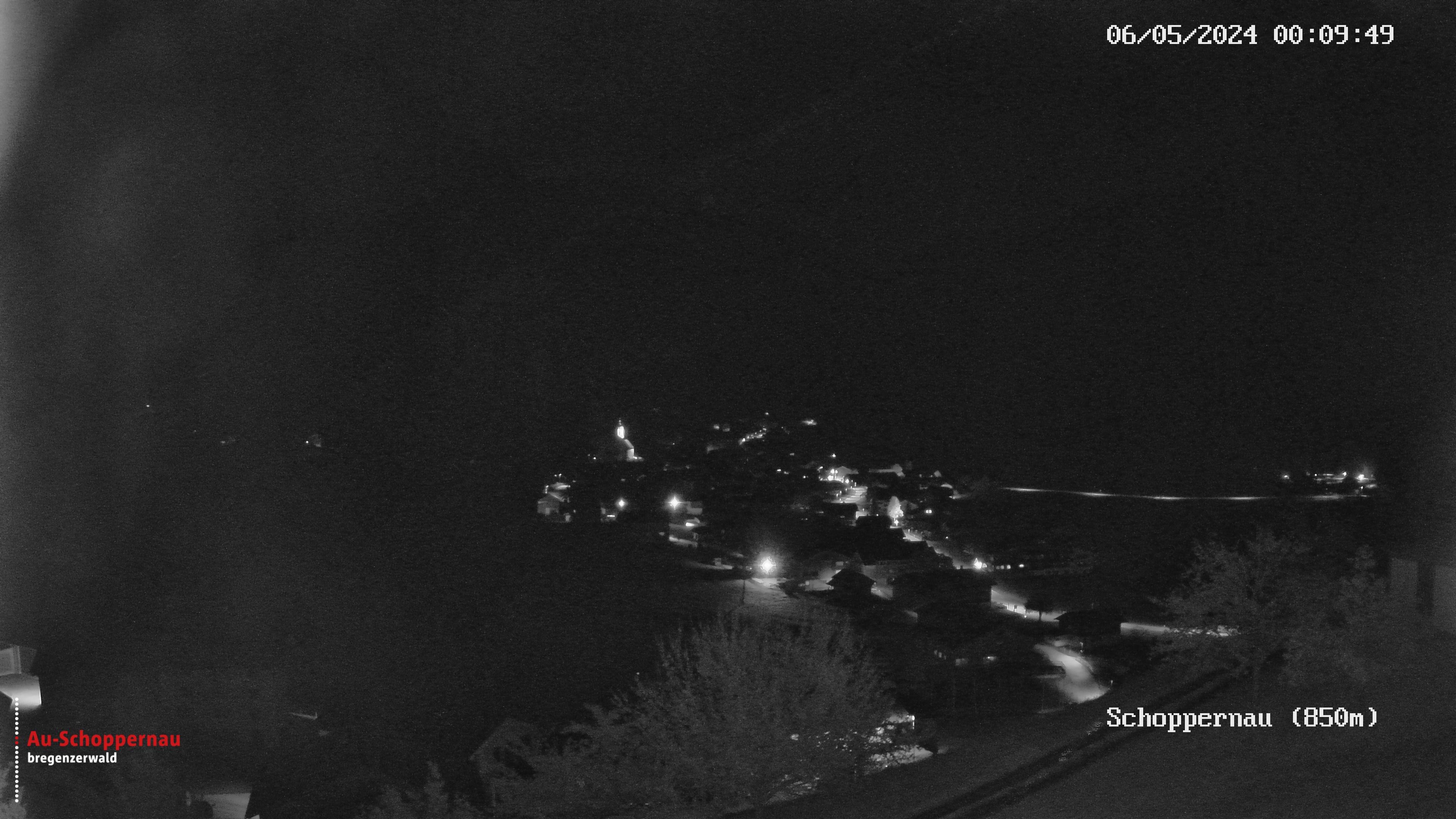Why read poetry in the Bregenzerwald? All poets, as truly creative and innovative individuals, seek a clear and unobstructed viewpoint. Where better than the tranquillity of the Bregenzerwald? I call them “truly creative” as opposed to “somewhat original” because they do not compose in an empty space free of values. Nor do they let themselves be dazzled by light or lulled by shadows. Instead, they create facts, i.e. values, as they were once called. Preferably, this should be understood as a counterweight, as a compensation for all the mere superimpositions that give as much or little as a sewn-on jacket pocket compared to a real one. Both provide some space, it is true…
To explain: I grew up with and still wear trousers with real trouser pockets in which there is room for a Swiss Army knife, a handkerchief and whatever else one might accrue on the way to school or in the course of ordinary life: stones, pieces of wood, coins, earthworms or a cheekily picked apple, or even a pear perhaps — the former or the latter tasting even better for having been innocently stolen. Where else? What else? These are the questions I pose while reading poetry in my place of refuge in the village of Großdorf. I am surrounded by the beauty of the Bregenzerwald and pure literary bliss is all around. The feeling is pure poetry. And yet in spite of seeming simplicity, there are many layers to remove while tunnelling down to that which is truly essential. My method? I create distance between myself and the inconsequential during a mini retreat, a time-out of just 24 hours, no more and no less. Free from guilt and diversions, these are 24 parsimonious yet exquisite hours, each of which is dedicated to a common purpose: freedom from distraction. Why? Because the task of writing a worthy text eschews all such interruptions. This is Rainer Maria Rilke’s (1875-1926) first lesson for me: “I lie elsewhere, but not here, not to myself.” Must we be alone to avoid telling lies? It certainly seems that way.
Speaking of lies: Rilke’s poem “Already The Ripening Barberries Are Red” speaks of a world in which everything lies to us. The authenticity of a region also depends on whether it manages to be honest with us, to be truthful, and to do justice to itself. This is the opposite of self righteousness. Now to the point: “Who, if I cried out, would hear me among the angels’ hierarchies?” This is how Rainer Maria Rilke’s Duino Elegies begin. Thus begins a cycle of poems, which were written over a period of several years in the 1910s and 1920s. They were named for the Duino Castle near Trieste, where Rilke stayed in 1912 as a guest of Princess Marie Auguste of Thurn and Taxis. Here he lingered and was inspired by the muse, thus creating the first elegy. Because Rilke (and probably the countess as well) deemed that it was good, nine more followed over the years. Who will hear me, asks the poet? No one hears you is the answer, because otherwise ten elegies wouldn’t exist. No one hears me here either (and I don’t just mean acoustically). That no one is listening to me is not yet our main concern.
Our topic, lyric poetry, is the subject of prejudice even in a region of creation and craft such as the Bregenzwald. It is of use only to the lyricist: the ethereal, unworldly poet who has lost touch with the world as much as it has lost touch with him or her. And yet it is so easy: No matter where I read the “Duino Elegies,” I am at home… not just in Großdorf, nor in the Bregenzerwald. I am at home in myself and in the world. Years ago, I made an attempt to learn the elegies by heart. I’ve come a long way since then, almost to the sixth. Sometimes I wonder what lasting affect this has had on me.
As I mutter verses to myself on the way to the bakery or while waiting at the train platform, places and times become connected. “Lovers, if they knew it, could speak strangely in the night air.” (2nd elegy) Or: “If only we could discover some pure, contained, narrow, human, own little strip of orchard in between river and rock!” The poet’s attitude towards his own work further motivates me to dedicate my time in the Bregenzerwald to the “Duino Elegies.” I call this attitude the ‘toolbox approach.’ It is a combination of outstanding mastery, quasi technical craftsmanship on the one hand and inspiration, humility, and responsibility on the other. Once again the Bregenzerwald delivers: “Aren’t lovers forever reaching verges in each other,— lovers, that looked for spaces, hunting, home?” (4th elegy) Aren’t verges also homes at the same time. After all, you don’t necessarily have to stare at Ernst Steininger’s portrait of famous Bregenzerwald resident Franz Michael Felder to think of our local poet. Though if you do have such a painting, it helps. In my home in Großdorf, there is another Felder portrait by this special artist from Bregenz, as inconspicuous and yet unmistakably effective. My home in Bregenzerwald is a refuge for the ‘toolbox approach’: The sensory exists alongside the social and the spiritual, craftsmanship alongside the mystical. Everything has its time and, perhaps even more importantly, its space and its language.
Author: Peter Natter
Issue: Bregenzerwald Travel Magazine – Summer 2020




